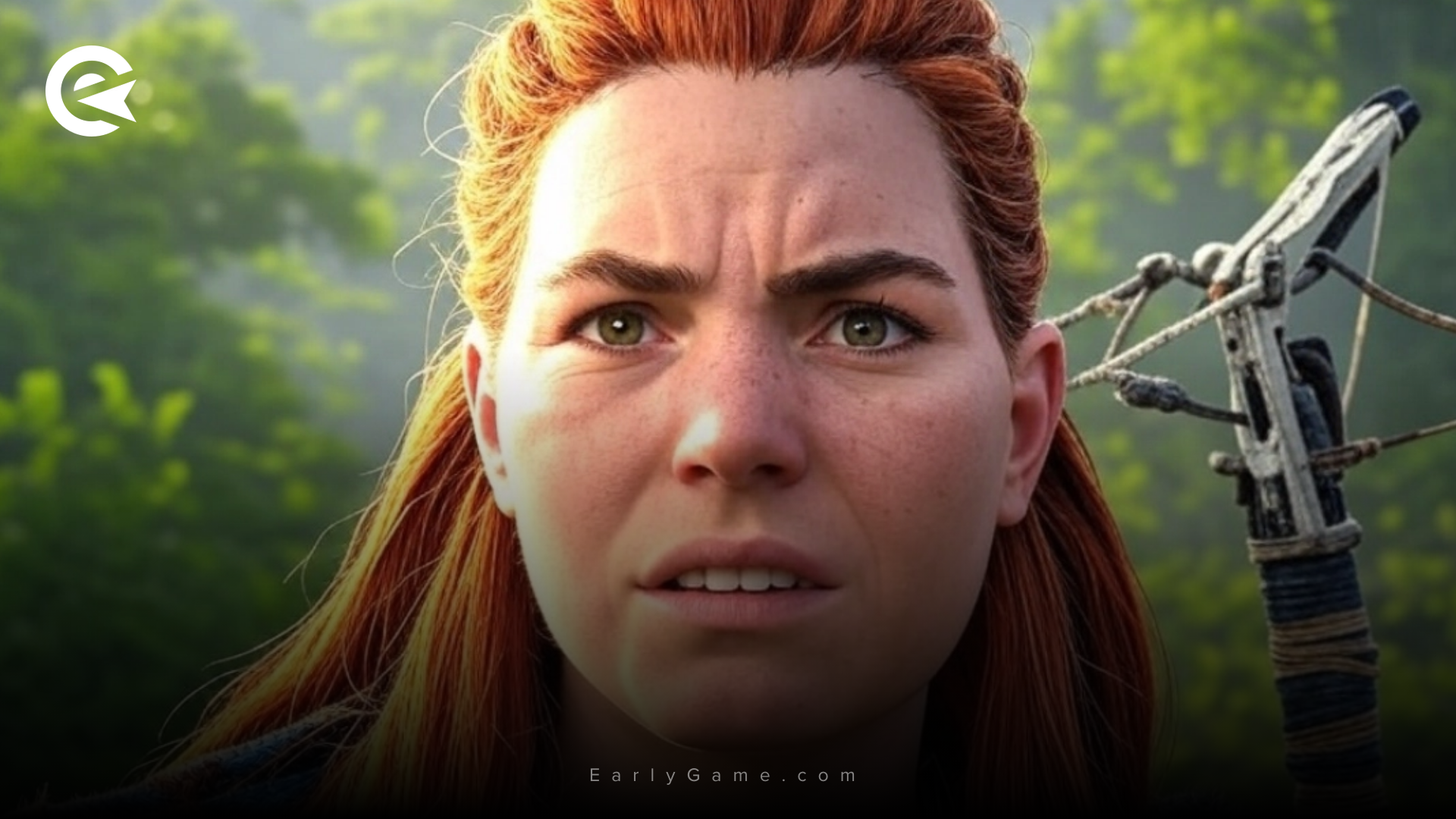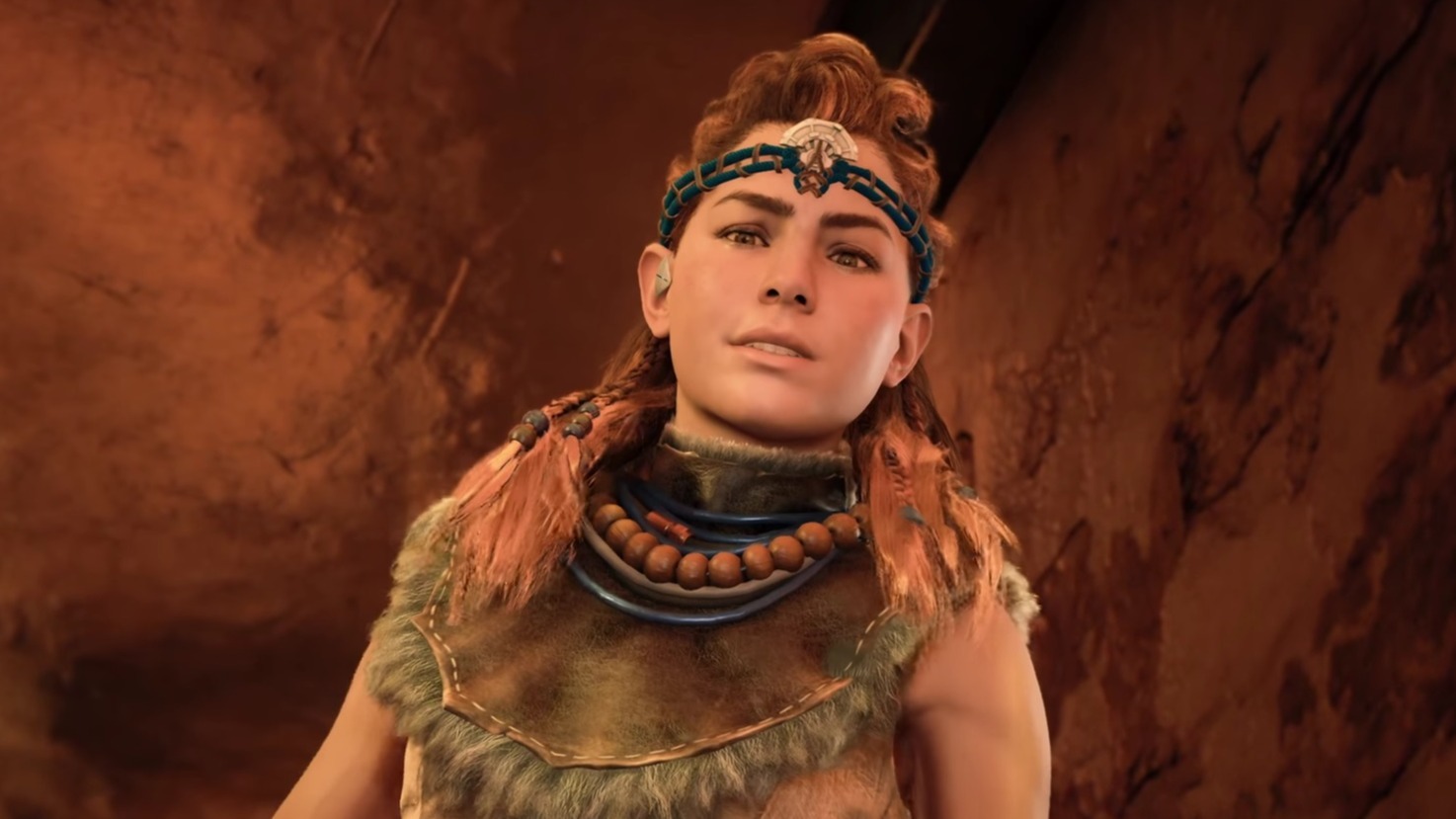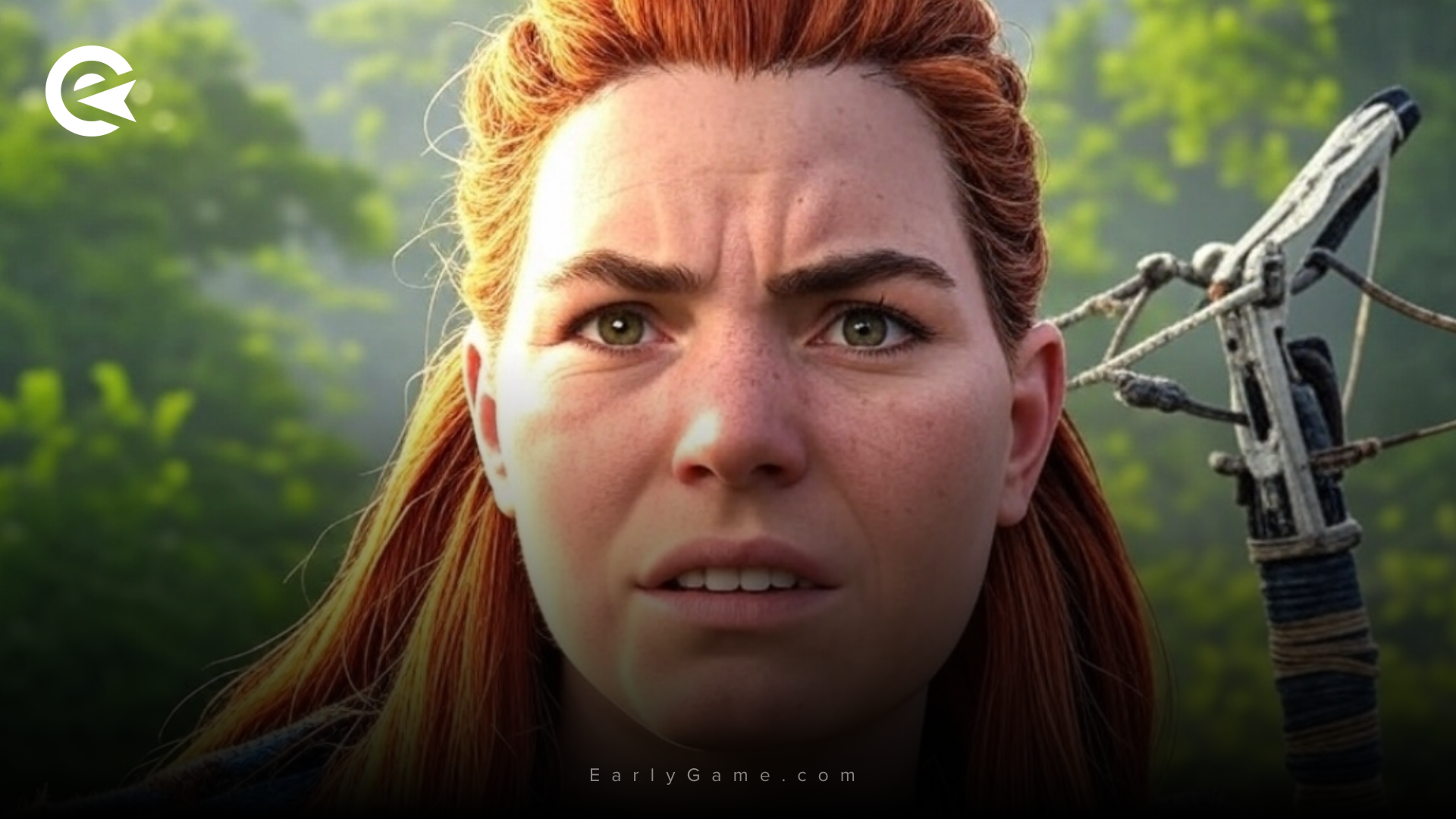Sony's AI-powered Aloy prototype sparks controversy after leaked footage emerges.

Sony's latest AI experiment has sparked a heated debate in the gaming world. A leaked video showcases an AI-powered version of Aloy from Horizon Forbidden West, capable of real-time conversations using OpenAI and Sony's proprietary technology. While the tech promises a new level of interactivity, early reactions highlight concerns about its uncanny execution and implications for game development. Is this the future of gaming or just another misstep in AI integration? Here's everything you need to know about the latest AI news.
Sony’s AI Aloy Sparks Debate
Sony’s latest AI project has brought Horizon Forbidden West’s Aloy to life in a whole new way – by making her fully interactive. A very well-hidden leaked video – that gets taken down regularly but still makes its rounds on Twitter – shows an AI-powered Aloy engaging in real-time conversations, answering questions, and reacting to in-game events. The technology combines OpenAI’s Whisper for speech recognition, GPT-4 and Llama for dialogue generation, and Sony’s Mockingbird for facial animations. While this prototype hints at the future of gaming AI, its execution has left many questioning whether it enhances immersion or simply feels unnatural.
The biggest concern? The interactions lack fluidity, making Aloy sound robotic and stilted. Many viewers describe the demo as unsettling, falling deep into the uncanny valley. Others wonder if AI-generated dialogue can ever match the depth and nuance of human writing. Sony has stressed that this is just an early experiment, but the backlash suggests that players aren’t ready to embrace AI-driven characters just yet.
The Future of AI-Generated Games

Beyond the technical criticism, many fans have pointed out a deeper issue: the implications for voice actors. Ashly Burch, the original voice of Aloy, has been a defining presence in the Horizon series, bringing emotional depth and personality to the character. Some argue that replacing human performances with AI undermines the craft of voice acting and disrespects the people behind these iconic roles. The backlash reflects a growing concern in the gaming industry – will AI replace artists and actors, or will it remain just another tool in the creative process?
Ok, now AI has a bad image and is rejected by people, but imagine the following: An AI company and a traditional video game company are both planning to develop a game with a budget of $100 million. However, the AI company replaces Game Designers, voice actors, and other creative roles with AI, reducing the cost to $50 million. But instead of saying, Great, we’re already making a profit at $50 million, they cut the game's price in half, making it far more affordable than traditionally developed games. And if machine learning further improves, those games might actually get good at some point.
Do you think AI in gaming is an innovation or a threat to creativity? Tell us in the comments!


































